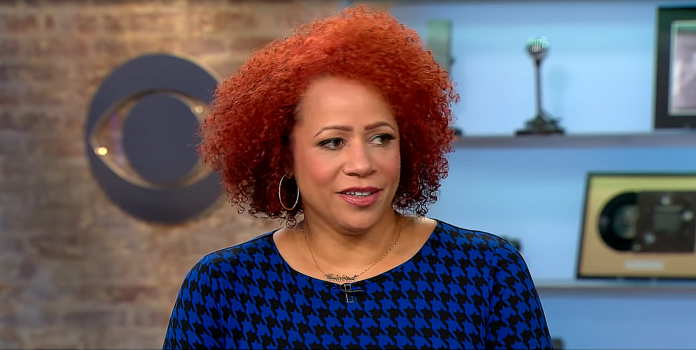(Dmytro “Henry” Aleksandrov, Headline USA) The primary author of The 1619 Project recently criticized Harvard University’s $100 million reparations plan to remedy the school’s past associations with slavery, despite that there are no more black people alive today who were directly affected by slavery.
During a speech at the school’s “Legacy of Slavery Symposium” in Cambridge, Mass., on Apr. 23, 2024, Nikole Hannah-Jones described Harvard’s $100 million “Legacy of Slavery” pledge as a “joke,” the Harvard Crimson reported.
She called the $100 million commitment a “rounding error” during her speech about Harvard’s pledge to address the effects of slavery, adding that “no reckoning has occurred,” according to the news source.
“A true investment would be hundreds of millions more,” Hannah-Jones said.
According to Hannah-Jones, Harvard’s pledge was especially insufficient because of its alleged past of ignoring the problems caused by the institution of slavery.
The far-left racial activist explained in an interview with the Crimson that she also was concerned about where the money was being spent and whether it was actually being used to effectively counter the perceived aftereffects of slavery.
“If you are serious about an acknowledgment and trying to repair, transparency is the number one thing because why would people trust an institution with this history to do the right thing,” she told the Crimson.
However, “hundreds of millions more” of American dollars as reparations wouldn’t be enough as well for the leftist radicals like Hannah-Jones who also suggested that buildings dedicated to historical figures with any connections to slavery should be altered.
“Absolutely these should be renamed. We have to say that we are not going to hold up people who were engaged in one of the worst human rights atrocities in the history of the world,” she said.
In the conclusion of her speech, Hannah-Jones advocated for a “lineage-based affirmative action program” and for there to be a “substantial sum” of Harvard’s endowment donated to historically black colleges.

